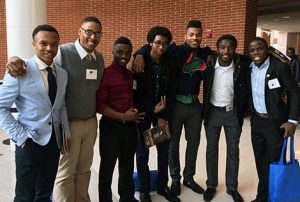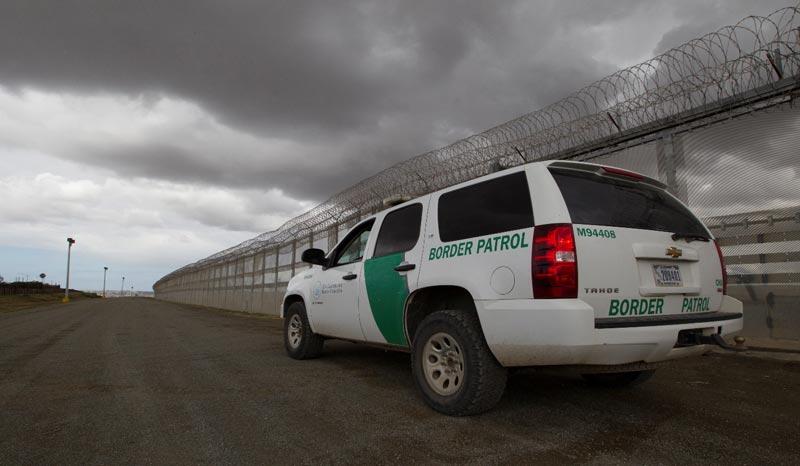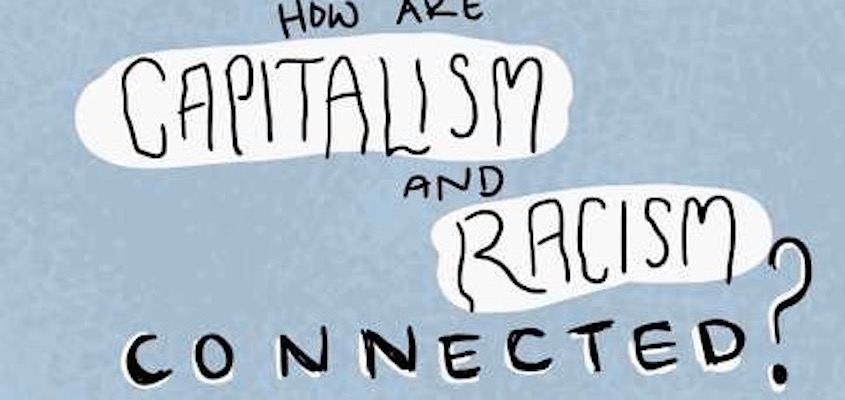(ThyBlackMan.com) I recently had a conversation with a colleague regarding a far too familiar topic, the plight of African-American males. Anyone who has done any work in the African-American community recognizes that the plight of black males, regardless of their uniqueness, is something that we must be extremely concerned about. Put simply, for those of us who care about black males, we realize that this issue reached a crisis level long ago.
To be honest with you, I usually avoid conversations regarding this topic like the plague as it usually begins and ends with a recitation of familiar data and life-experiences that I know like the back of my hand. In many ways, the most pertinent question that any American could pose to African-American males is one that the great thinker W.E.B. Du Bois posed in his book The Souls of Black Folk when he queried, “How does it feel to be a problem?”
My colleague and I agreed that if any other American population was struggling across every known measurable, local and national political leaders would refer to the issue with appropriate wording such as national crisis or epidemic, yet they do not. Unfortunately  for black males, such language has yet to be consistently applied when addressing the voluminous problems and issues that collude to derail African-American males from a productive life. It stands to reason that if political leaders can not find it within themselves to use such language to address the plight of black males that definitive action should not be expected anytime soon.
for black males, such language has yet to be consistently applied when addressing the voluminous problems and issues that collude to derail African-American males from a productive life. It stands to reason that if political leaders can not find it within themselves to use such language to address the plight of black males that definitive action should not be expected anytime soon.
The priorities of any nation are easily measured by viewing how it has dealt with major crises confronting its citizenry. The two most glaring twentieth-century examples of America taking definitive action to address a national crisis are the post-roaring twenties economic collapse commonly called the Great Depression and a more contemporary moment of activism stretching from post-World War II until the Nixon administration, an era that Manning Marable appropriately termed America’s second Reconstruction.
It was when faced with the significant crisis of their time that American Presidents Franklin Delano Roosevelt (FDR) and Lyndon Baines Johnson (LBJ) took decisive action to address the issue.
FDR’s moment of crisis was the Great Depression that he inherited upon entrance into the White House. Roosevelt dealt with this titanic issue via his vaunted New Deal programs and attempted to buttress those efforts with an uncompleted Worker Bill of Rights.
LBJ inherited his position in the White House after President John Fitzgerald Kennedy’s assassination and faced arguably the most volatile domestic protest scene this nation has known since the American Revolution. LBJ’s response to the push for drastic political reforms and the eradication of bigotry, racial discrimination, and institutional racism was the Great Society.
When compared to the current political issues and in-fighting emanating from the White House, President Johnson’s Great Society has an impressive list of accomplishments.
- Medicare
- Federal Aid for Education
- High-Speed Mass Transit
- Environmental Safety Regulations
- Teacher Corps
- Manpower Training Centers
- Head Start
- Expanded Urban Mass Transit Systems
- The Civil Rights Act of 1964 (Curtailed job discrimination and segregation on public transportation)
- The Voting Rights Act of 1965 (Ensured equal access to the polls regardless of race/ethnicity)
- Immigration and Nationality Services Act of 1965
- The Civil Rights Act of 1968 (Extended protections to Native Americans on Reservations and banned housing discrimination)
Consider for a moment that President Lyndon Baines Johnson’s Great Society introduced 87 bills to Congress, the President would sign 84 of these bills into law, an impressive conversion rate of 96%.
There is no doubt that when one considers the current predicament of black males that it is way past time that U.S. politicians took definitive actions to address issues involving labor, education, and incarceration. It is a sobering thought that regardless of the age group, educational level, or geographical realities, black males find themselves receiving far more than their fair-share of the worst things that life has to offer (incarceration, divorce, unemployment, poverty, and death.)
This national crisis should lead one to question “What should be done and who should execute such plans?”
I will address the latter portion of this piercing question first. The individuals or entities that should be compelled to aid in the uplift of black males are any Americans interested in the flourishing of this nation. It has always confused me why so many Americans fail to understand that a strong Black America is an essential ingredient of any attempt to make a strong America. Hence, it is imperative that in this highly competitive global world that we reorient our thinking regarding African-American males to one that considers them what they are, a largely untapped resource capable of significantly moving the dial on American economic strength and vitality forward in an unprecedented manner.
In many ways, whites’ inability to view black males through such a lens offers deafening commentary on their understanding of Nationalism and the path we must take to “Make America Great Again.” There is no greater indicator that the Nationalism so many white conservatives espouse is none other than a self-advantageous and opportunistic White Nationalism that is driven by a singular goal of ensuring the continuation of their centuries-old politico-economic monopolies. If such interests were not the primary motivation behind political activism shrouded between a thin-veneer of American Nationalism, such individuals would be compelled to investigate every avenue to improve this nation, including developing and executing plans to aid marginalized black males who have for whatever reason been booted out of this nation’s political and socioeconomic arenas.
Now to the equally important question of “How?” do we accomplish what appears to many to be a Herculean effort of moving African-American males back into a position where they are an asset and not a liability to themselves, their families, their community, and their nation, the answer is a relatively simple one that will require the cooperation of all Americans. It is my belief that we need to replicate the LBJ’s Great Society program. Let me also say that the only way this plan would work would be if today’s Congress worked with the President in the same spirit of cooperation as the 89th Congress did with Johnson.
Let’s be frank about this issue, it is impossible for the masses of black males to be moved back into a position of relevance without an infusion of government dollars and legislation to aid their efforts. We need a Great Society Program specifically aimed at improving the fortunes of black males, particularly those floundering in the criminal justice system or lacking education/skills that would allow them to provide for a family.
Although I am well aware that many skeptics believe that the problems facing Black America flow from a flawed cultural framework, I disagree. There are larger issues afoot that cause the problems facing black males. Consider for a moment that studies indicate that black males who possess a Bachelor’s degree earn less money than white males in possession of only a high school diploma. Supporting evidence abounds and is readily available to anyone who examines areas of home ownership, employment rates, incarceration rates, etc.
If nothing else, it is time that this nation took a moment and considered the words of the Rev. Dr. Martin Luther King, Jr., who asserted that “It would seem to me that a nation who has done something special against the Negro for so long would not be against doing something for him, at least for a period of time.”
Although I realize that neither the proposed solution of a 21st-Century Great Society Program nor the multitude of reasons why this matter should be placed at the top of this nation’s ‘to do’ list will have much of an impact on elected officials who have yet to realize that their lack of consideration for a struggling black male population hinders all efforts to “Make America Great Again.” However, the truth of the matter is that this nation has gradually lost its first-nation status to other global competitors who have thrown their resources into education and industry for their entire populace. America’s failure to recognize the need to include black males in every effort to improve this nation promises to serve as its Achilles Heel. And until it is efficiently addressed with a definitive solution such as FDR’s New Deal or LBJ’s Great Society, this nation will never be as great as it could be.
Staff Writer; Dr. James Thomas Jones III
Official website; http://www.ManhoodRaceCulture.com
One may also connect with this brother via Twitter; DrJamestJones.




















Leave a Reply